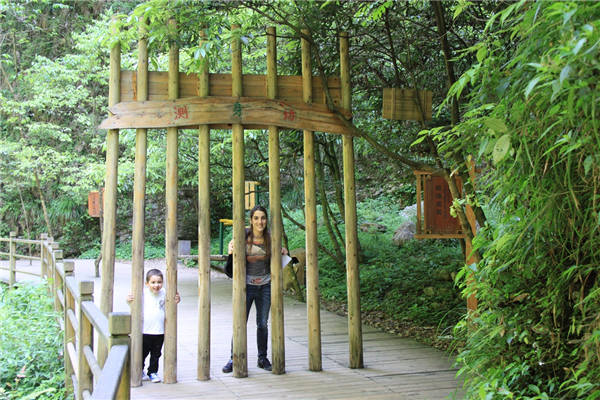 |
|
Photo Provided to China Daily |
"Middle school is a life stage of group conformity. If a TCK is one of few expats at a host national school, he or she may be bullied, ostracized and have a very hard time understanding the norms of the educational system."
International schools are preferable for most TCKs but especially older kids, Berlin says.
"International schools are set up to welcome newcomers," she says.
"Teachers and staff recognize culture shock at different ages and stages of child development, will identify a child who struggles and will intervene sooner rather than later."
Another benefit is their classmates will largely be TCKs.
"TCKs tend to be attracted to each other for lots of reasons, an important one being they share a kindred worldview of flexibility, adventure and multilingual, multicultural experience," Cannon says.
"It's not unusual for TCKs ... to find each other, marry and continue on as expat adults raising TCKs."
Parents who are TCKs better understand what this means for kids.
"The difference between parents and their children shows up in many ways," Blomberg says.
"For example, the question 'where are you from?' is easier for expatriate parents unless they're TCKs themselves ... Consequently, parents make decisions and give advice to their children in light of their own experience, which is very different from their TCK world."
Experts advise parents listen to their children.
"Some (TCKs) hit the ground running. And some hate it," Blinn says.
"Don't blame but ask how you can help the adjustment."
Kurt Nagl contributed to this story.
|
|
|
|
|
|
